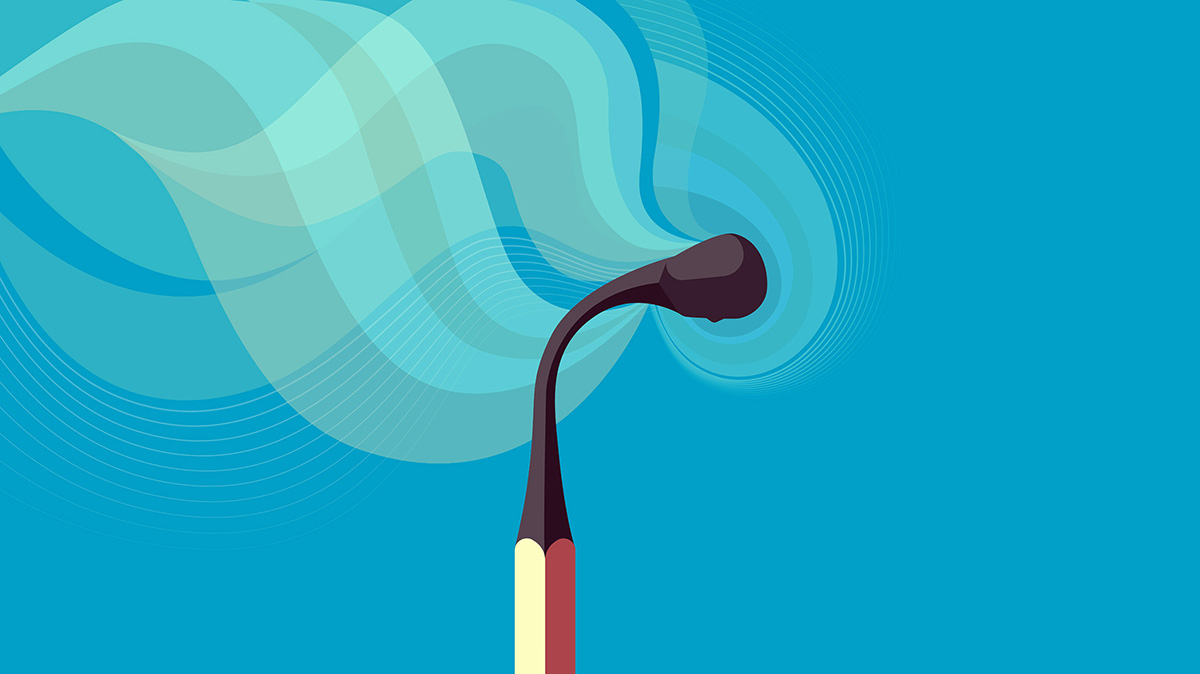
Running On Fumes: How To Deal With Burnout
Your brain and body can only handle feeling overworked and overwhelmed for so long. If you consistently experience high levels of stress without taking steps to manage or reduce it, exhaustion eventually takes over — leaving you emotionally and physically burned out.
You may begin to feel less motivated since it seems like nothing you do matters. Since burnout happens gradually, you might not notice symptoms immediately. But once it takes hold, it can affect your ability to function across all aspects of life.
Key signs of burnout include:
-
forgetfulness and difficulty concentrating
-
diminished pride in your work
-
losing sight of yourself and your goals
-
difficulty maintaining relationships and being present with loved ones
-
frustration and irritability with co-workers
-
unexplained muscle tension, pain, fatigue, and insomnia
Estimates suggest anywhere between 4 and 7 percent of the working public may experience burnout, though workers in certain fields, such as healthcare, tend to experience burnout at much higher rates.
Burnout can have a far-reaching impact, often:
-
negatively affecting work performance
-
keeping you from enjoying hobbies and time with family, or relaxing outside of work
-
increasing risk for health concerns, including cardiovascular diseases, type 2 diabetes, depression, and suicide.
Taking action to address burnout is essential since it generally only gets worse. The next 6 steps can help you get started on the road to recovery.

Find the source
It’s tough to make changes when you don’t know exactly what needs to change, but exploring contributing factors or sources of stress in your life can help. Burnout often relates to job and professional triggers, like the stress of an increasingly demanding job. But you could also experience burnout when:
-
Having a rigorous academic schedule
-
Dealing with relationship problems, especially ones that seem to circle with no resolution
-
Caring for a loved one with a serious or chronic health condition
-
Trying to do too much on your own also creates an ideal environment for burnout to fester.
Identify immediate changes you can make
You might recognize a few ways to lighten your load right away. Those with a lot of ambition to succeed in their careers are tempted to do it all, but this can backfire when you end up with no energy for anything. Instead, try accepting that doing it all isn’t realistic, and ask your supervisor to reassign one project or add someone else to your team.
Overwhelmed with work and personal commitments but still can’t bring yourself to turn down requests from loved ones? If you’re already running out of hours in the day for the things you absolutely need to do, adding more tasks will only add more frustration and stress. Evaluate your existing commitments and consider canceling or rescheduling a few. The immediate relief this brings may surprise you.
Talk to people you trust
If you feel unsure of how to begin sorting through the causes of burnout and looking for ways to ease your stress, that’s normal. Burnout can become so overwhelming that determining how to address it still seems exhausting. It’s also hard to identify potential solutions when you feel completely spent. Involving a trusted loved one can help you feel supported and less alone. Friends, family members, and partners can help you brainstorm possible solutions.
They’re close enough to your life to have some understanding of what works for you but still have enough distance to consider the situation with some clarity. Opening up to people about the distress you’re experiencing can take some courage, especially when you worry they’ll see you as incapable or lazy. But struggling through burnout alone can make overcoming it more difficult. And you never know, your loved ones may have experienced burnout themselves and could have some valuable insight to share.
Practice self-compassion
Reaching a point of burnout can bring up feelings of failure and a loss of purpose or life direction. You might feel as if you can’t do anything properly or you’ll never achieve your goals. When you reach a point of burnout, you’ve probably pushed yourself past the point of what most people would realistically consider themselves capable of for some time.
What would you say to a friend in your situation? Chances are, you’d offer empathy and kindness instead of telling them how utterly they failed. In the end, all you can do is your best with the strengths you have. But you’ll find it easier to use those strengths when you aren’t running on empty.

Pay attention to your needs
Taking charge of your physical and mental health is key to burnout recovery. In an ideal world, reaching the point of burnout would mean you immediately take time off, clear your schedule, and dedicate your days to rest and relaxation. But most people simply can’t do that.
If you have bills to pay and children to take care of, quitting may seem impossible until you have other prospects. If you’re caring for a sick family member who has no other relatives, you may not have anyone else to turn to for support. Practicing good self-care can make recharging easier while you try other strategies to reset.
Remember what makes you happy
Severe burnout can drain you and make it hard to remember what you used to enjoy. You may have lost your passion for a career you once loved and feel angry and resentful when you get to work each day. Perhaps you no longer care about your favorite hobbies, or you’ve stopped responding to texts from friends because you lack the energy for conversation. You might even feel perpetually irritated and snap at your partner or family without meaning to. To counter these feelings, create a list of the things that bring you joy.
Resetting yourself after burnout can be a lengthy process — but by choosing to address it, you’ve already taken the first step.
You May Also Like

When to Tell Kids About Bad News Events – Part 2
2021-09-17
The Psychology of Sexual Attraction
2022-06-29


One Comment
http://xn----7sbbb1cddte0hc8b2b.xn--p1ai/2023/01/07/beat-making-software-dos-and-donts/
It’s hard to come by experiennced people on this
topic, but you seem like you know wha you’re talking about!
Thanks
Here is my web site; http://xn—-7sbbb1cddte0hc8b2b.xn--p1ai/2023/01/07/beat-making-software-dos-and-donts/